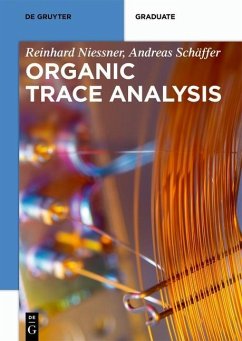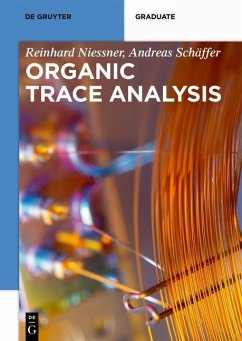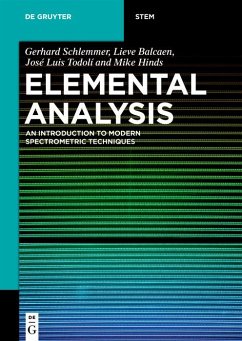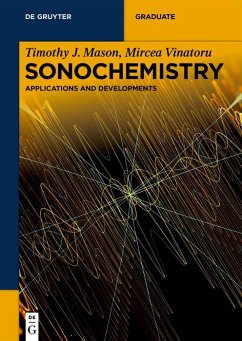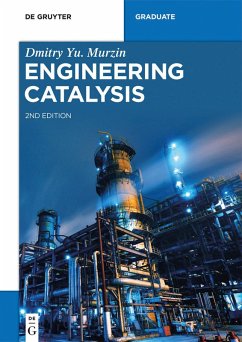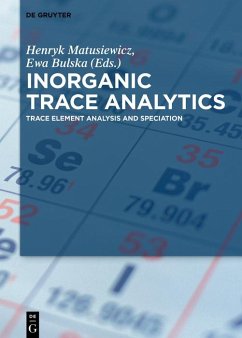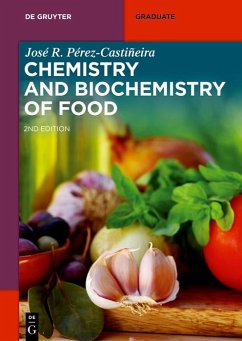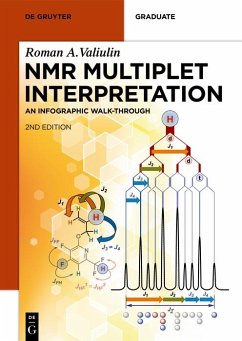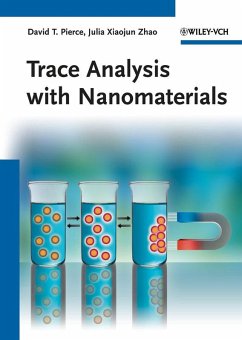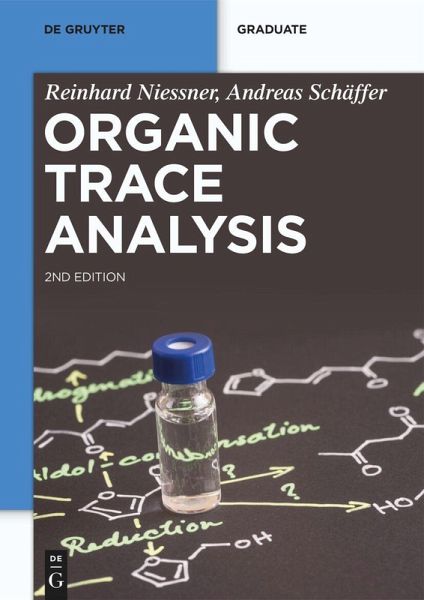
Organic Trace Analysis (eBook, ePUB)
Versandkostenfrei!
Sofort per Download lieferbar
63,95 €
inkl. MwSt.
Weitere Ausgaben:

PAYBACK Punkte
32 °P sammeln!
Organic contaminants even in very low concentrations can have toxic and ecotoxic effects on exposed organisms. Detection and quantification of such trace amounts in diverging matrices (e.g., water, air, soil, food, tissue, organisms) is challenging and great carefulness and strategic thinking is needed to get reliable results along the way from taking samples up to the final analysis. In the 2nd edition, besides revisions of existing chapters, new analytical technologies and recent application examples are presented: non-target mass spectrometric analysis, trace analysis of per- and polyfluoro...
Organic contaminants even in very low concentrations can have toxic and ecotoxic effects on exposed organisms. Detection and quantification of such trace amounts in diverging matrices (e.g., water, air, soil, food, tissue, organisms) is challenging and great carefulness and strategic thinking is needed to get reliable results along the way from taking samples up to the final analysis. In the 2nd edition, besides revisions of existing chapters, new analytical technologies and recent application examples are presented: non-target mass spectrometric analysis, trace analysis of per- and polyfluoroalkylated "forever chemicals", organophosphorus esters (nerve agents), and micro- and nanoplastic particles in the environment.
Students will learn about peculiarities and state of the art organic trace analysis and acquire basic and advanced principles of
An extended chapter on selected applications will transfer the theoretical understanding into applied scientific problems. Students will profit from a comprehensive and state of the art overview of organic trace analyses and from an extensive collection of relevant literature.
Students will learn about peculiarities and state of the art organic trace analysis and acquire basic and advanced principles of
- statistical evaluation of analytical results
- quality control strategies and good laboratory practices
- sampling techniques from various matrices
- sample treatment, enrichment and clean-up techniques
- chromatographic analyses including hyphenated techniques, and spectroscopy as well
- mass spectrometry
- and bioanalytical tools.
An extended chapter on selected applications will transfer the theoretical understanding into applied scientific problems. Students will profit from a comprehensive and state of the art overview of organic trace analyses and from an extensive collection of relevant literature.
Dieser Download kann aus rechtlichen Gründen nur mit Rechnungsadresse in A, B, BG, CY, CZ, D, DK, EW, E, FIN, F, GR, HR, H, IRL, I, LT, L, LR, M, NL, PL, P, R, S, SLO, SK ausgeliefert werden.




